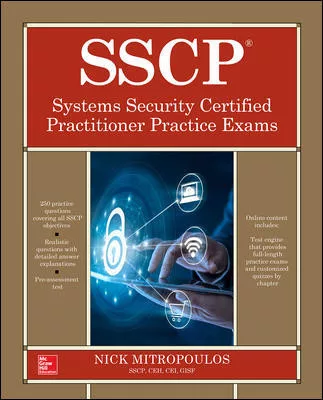Export Controls Exist
The crunch is that there is a federal law that prohibits “the export to the People’s Republic of China of any crime control or detection instruments or equipment.” There are plenty of exceptions to meet the current U.S. export rules. The Beijing exhibitors insist they are compliant with the existing U.S. regulations.
However, regulations composed by the U.S. Department of Commerce, centering primarily on Chinese law enforcement, did not anticipate computer and communications technologies at the heart of today’s security systems. The agency is now seeking business and public comment on updated revisions that cover any country that must submit to restrictions. Asked by the New York Times, Mario Mancuso, the under secretary of commerce for industry and security, said, “Enforcing U.S. regulations on crime control equipment, including the Tiananmen Square Sanctions, is a top priority, and we continually review our regulations to ensure that they effectively support our national security and foreign policy.”
Recently, Mancuso pitched for a new export control enforcement law.
Writing on his Web site, he stated that today, “many of the tools of our nation’s most dangerous and committed enemies are not made-to-order weapons, but legitimate – and, in some cases, life-enhancing – commercial items which can also hurt, maim and kill. Consider, for example, the triggered spark gap. Roughly the size of a thread spool, the triggered spark gap is a type of electrical switch that has two principal uses: It is used in medical devices that help destroy kidney stones and as a detonator in nuclear weapons.
However, regulations composed by the U.S. Department of Commerce, centering primarily on Chinese law enforcement, did not anticipate computer and communications technologies at the heart of today’s security systems. The agency is now seeking business and public comment on updated revisions that cover any country that must submit to restrictions. Asked by the New York Times, Mario Mancuso, the under secretary of commerce for industry and security, said, “Enforcing U.S. regulations on crime control equipment, including the Tiananmen Square Sanctions, is a top priority, and we continually review our regulations to ensure that they effectively support our national security and foreign policy.”
Recently, Mancuso pitched for a new export control enforcement law.
Writing on his Web site, he stated that today, “many of the tools of our nation’s most dangerous and committed enemies are not made-to-order weapons, but legitimate – and, in some cases, life-enhancing – commercial items which can also hurt, maim and kill. Consider, for example, the triggered spark gap. Roughly the size of a thread spool, the triggered spark gap is a type of electrical switch that has two principal uses: It is used in medical devices that help destroy kidney stones and as a detonator in nuclear weapons.
Looking for a reprint of this article?
From high-res PDFs to custom plaques, order your copy today!





